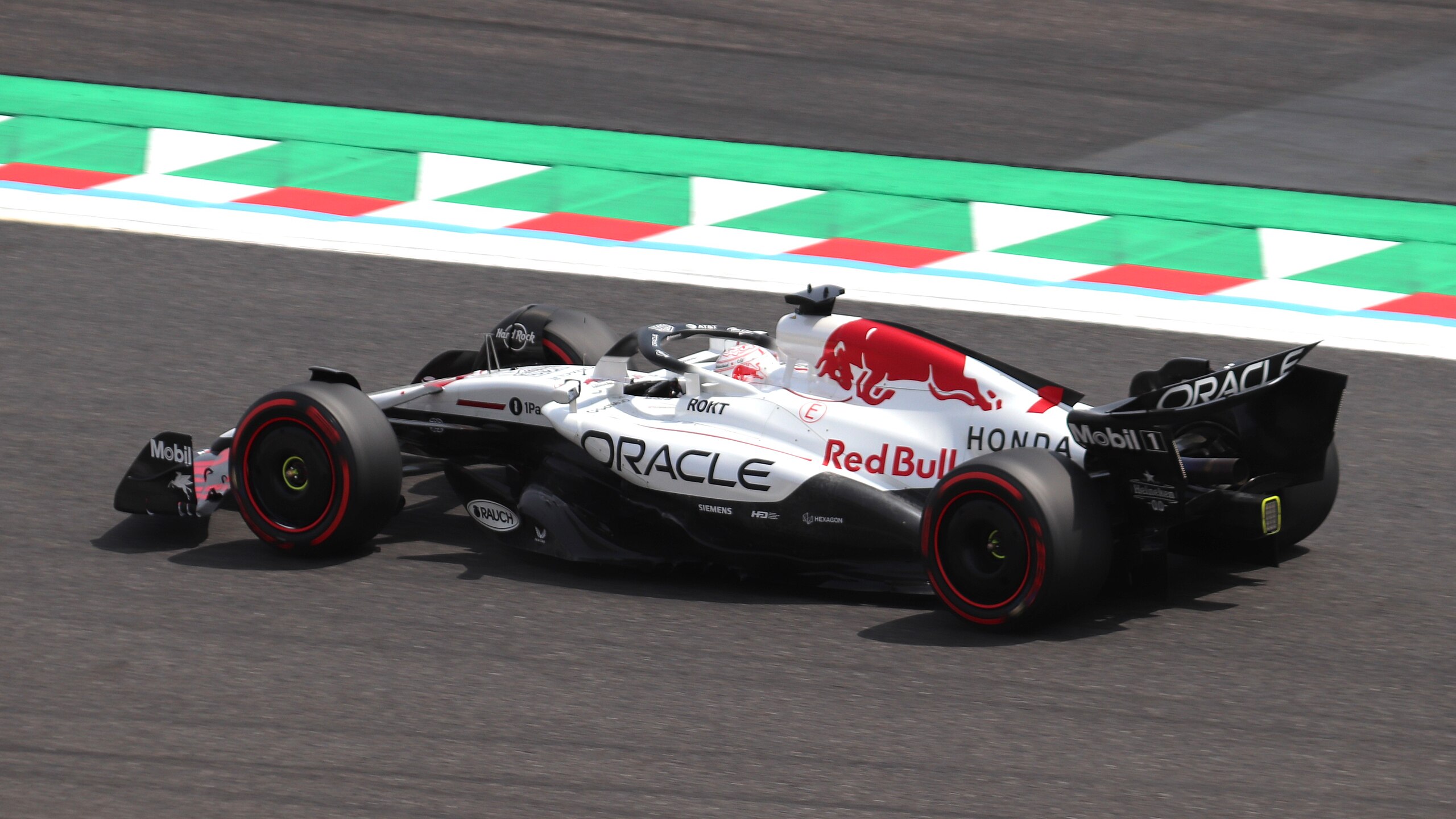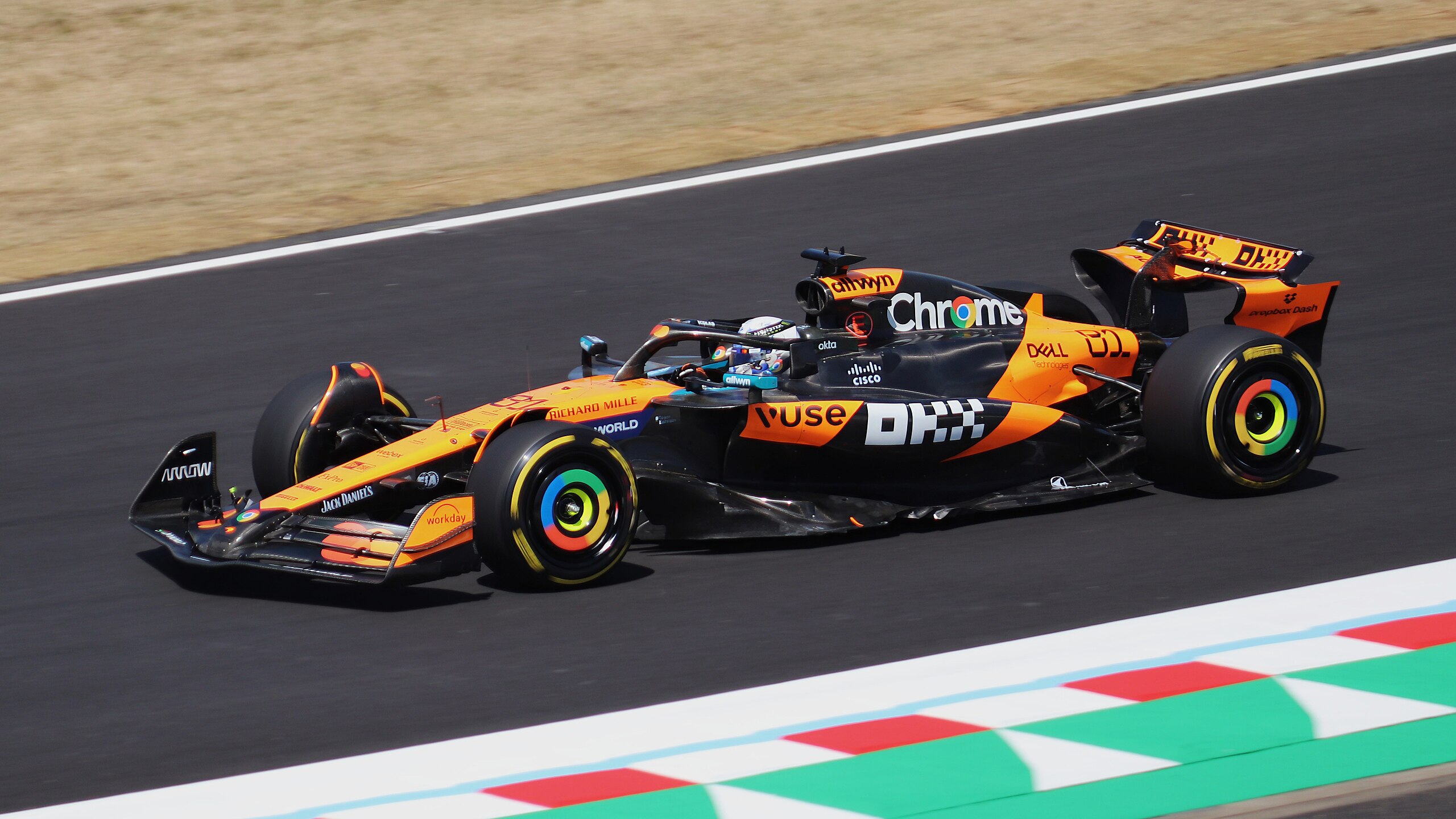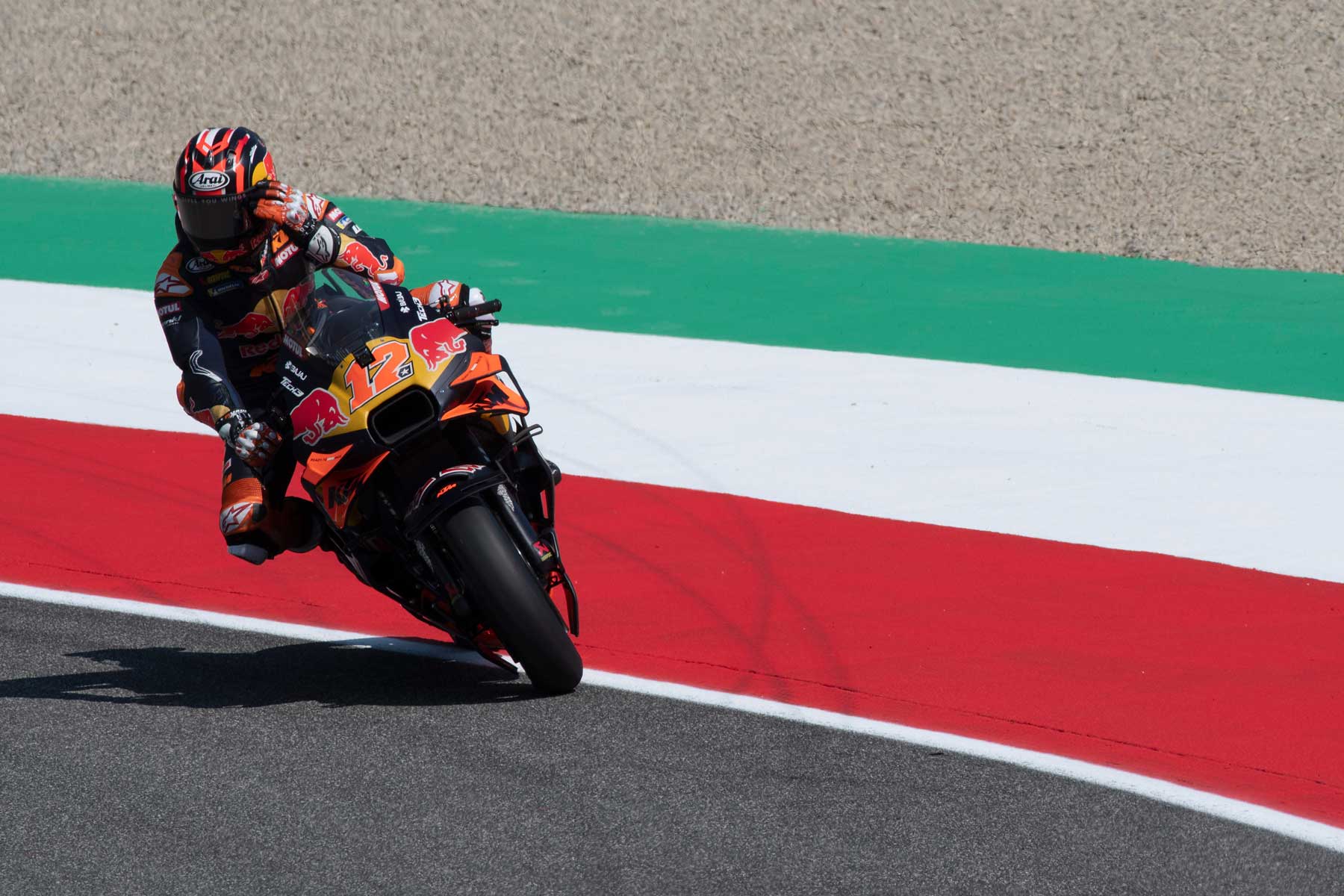Are you willing to sponsor?
Are you ready to explore the transformative power of athlete sponsorship for your brand? Click here to learn more about how sponsorship can help brands grow and thrive in the exciting world of motorsports.
By Emanuele Venturoli| Posted January 22, 2022 | In Sports Marketing
A key crossroads for sports marketing consists in the one marked by the different sports marketing types. This discipline is very often addressed without considering the dual meaning of its name, which bears substantial differences in it. It is primarily a linguistic confusion. What English-speakers transversally define “Sports Marketing” (and they are the undisputed masters of this matter, although it is not true that sports marketing was born in the US) is a reality with two distinguished sides, which are clearly reflected in the twofold essence of its name: marketing of sport and marketing with (or through) sport.
We would like to start our stream of considerations on sports marketing types from two definitions, which are key to this subject matter in our opinion.
The first definition of sports marketing is found in Mullin, Hurdy & Sutton in their famous book titled Sport Marketing (2014). The three authors define sports marketing as a rational, coherent system that helps link sport consumers with sport products. The second definition is a bit more outdated, but nonetheless efficient and important. It is taken from Advertising Age, one of the best known advertising and communication magazines in the world, founded in 1930 by G.D. Crain Jr. in Chicago. Sports marketing is here defined as the activities of consumers, industrial products and communication people who increasingly use sport as a communication tool. So sports marketing is a marketing strategy.
The two definitions above help understand that two completely different aspects are referenced, right from the basics. On the one hand, we have the “marketing of sport”, i.e. the set of activities and competences intended for the promotion and improvement of sports enjoyment and consumption (we will present some figures later on). On the other, we have “marketing with sport” or “marketing in sport“, the use of sport as an efficient communication tool for businesses. This is what we define as primary sports marketing types, which form the first large category of sports marketing.
Anyone involved in initiatives aimed at bringing a sport product closer to end consumers has to do with the “marketing of sport”. This includes marketing operators of sports businesses and organizers of events, professional sports leagues, championships, sport teams and so on. For instance. When you find a promotion entitling you to go to the stadium with a friend free of charge, you are exposed to “marketing of sport”. Other marketing of sports examples include the huge ADV campaigns football clubs launch at the beginning of the season for season tickets, or charity events to raise money for a good cause and therefore casting good light on the team.
“Marketing through sport”, on the other hand, involves players who use sport as a booster to grow a business that is not directly connected to sports. Players who use marketing through sport include sports marketing agencies, brands resorting to testimonials, and so on to communicate with sport fans /customers. An example of marketing through sport is the Opel brand using Valentino Rossi to promote their car model Opel Adam.
Evidently enough, the differences between these two sport marketing categories, and the resulting professional profiles especially, are substantial and they represent a very important crossroads for new comers in this sector. The two types of professionals linked to these categories are different, but often they must be complimentary in order to get the greatest value from sports sponsorship and sports communication deals.
The two types of sports marketing above and any deriving differences are primarily due to the intrinsic complexity of the “sport” product. From the standpoint of marketing, defining sport according to common criteria is quite complex – namely as the set of peculiar characteristics manifesting themselves in the form of a service, physical product or intellectual product that meets the needs of a specific market and generates economic and other profits which justify its renewed existence.
What is a sport product then? Is it season tickets? Is it a hospitality ticket to watch the MotoGP? Is it a basketball sneaker? Is it a live broadcast of a Formula 1 Grand Prix race? Is it practising a sport discipline? Is it a ski pass for the skiing week? Is it a motorbike running on track under the eyes of million TV viewers? Is it a famous athlete appearing on a billboard?
Although it may sound impossible, all the examples mentioned above (and many more) are sport products with a well defined and clear sports marketing path to support them. The great specialization and the vertical approach required by the various areas of sports marketing is under everybody’s eyes: it is hard – extremely hard, indeed – to simultaneously take care of ticketing, organisation of a sport event, sponsorship activation, athlete management, and so on.
Each sports marketing sector has its own competences and professional profiles and they are becoming increasingly more specialised and deeply-rooted as time goes by.
As explained above, the multi-faceted sport product is matched with as many diversified sports marketing types. Our analysis started off with the examination of “macro types”, i.e. marketing of sport and marketing through sport. The time has now come to get a deeper insight into the issue and address secondary (or micro) sports marketing types, i.e. those more closely connected to sport products.
These types include:
The list above may actually continue. Its sole purpose is to emphasise one very clear peculiarity: each different aspect of a sport product corresponds to a different type of sports marketing.
Each and every form of marketing in sports -whether it’s marketing through sports or marketing of sports- has its stepping stone in the peculiarities of the sports product, of the sports market and of the sports economy. Sports marketers in every field and discipline know very well that dealing with sports fans and sports organizations is very different from dealing with traditional consumers or brands.
This has lots to do with the way sport is hard wired in our brains, affecting our psychological and emotional sides and becoming a major vector for socialization and bonding. I might like a specific brand of candy very much, but I would hardly call myself a fan of that brand, or wear a tshirt of that very biscuit at the gym or at school. At the same time, if I am having tea at a friend’s, I would gladly eat another brand, if offered. While it might sound a very basic and shallow example, it shows how things are different with sports and with the whole idea of being a sports fan.
Mullin et Al. show that the sport product, economy and market have some unique traits that can be summarized as such.
Decisions on the sports marketing strategy are heavily impacted by the above mentioned features. Just to mention an example, non-predictability alone would be sufficient to highlight the many distinctive traits of marketing in sports. Many, if not all industries, would use performance and results to promote their product or service, claiming that a specific car will save you 15% of fuel or this specific smartphone will make you ten times more effficient, or that this camera has 10 megapixels more.
Sports marketers and managers just can’t do that. They can’t say: “come see the game, we’ll beat the Jaguars tonight” or “come to the racetrack, this driver will win the Grand Prix after a spectacular comeback from the back of the grid” What if you don’t beat the Jaguars? What if the back-of-the-grid driver never manages to overtake the field and ends his race in 17th? But that’s the beauty of it, and the reason we all love it.
At macro type level, RTR Sports is a sports marketing agency, therefore an agency of marketing through sport. Our stated mission in the past twenty years has been the provision of consultancy services to businesses that are willing to use sport as a communication tool. At micro type level, our focus (i.e. the sport product that is our core business) has been equally clear: motor sports sponsorships, more specifically sponsorships in MotoGP, Formula 1, Formula E and MotoE. In parallel, we have developed other components of the sport product which are closely connected to the sponsorship product: activations. Hospitality, Licensing and on-field Events are part of our DNA too. If you wish to have a look at our case histories of past sports sponsorships, visit our dedicated website area here and the relevant website sections dealing with hospitalities, licensing and events.
If you are curious to know more about this topic or are willing to find out how sports marketing strategies can help your company grow, or you’d like to discuss some sport marketing examples and showcases, do not hesitate to contact us at our email address: info@rtrsports.com.
Are you ready to explore the transformative power of athlete sponsorship for your brand? Click here to learn more about how sponsorship can help brands grow and thrive in the exciting world of motorsports.

A graduate in Public, Social and Political Communication from the University of Bologna, he has always been passionate about marketing, design and sport.
The online platform where you can discover the latest trends, strategies and insights from the exciting world of sports marketing.
View our blog
June 18, 2025
When you think of sports, what comes to mind? For many, the answer is sports marketing management. We see Super Bowl or Olympic commercials and it seems like every other product is marketed t[...]
Read More
May 6, 2025
Motorsport sponsorship has long been perceived as the domain of corporate giants, with multinationals like Shell, Red Bull, and Petronas dominating the paddock. However, in recent years, a ne[...]
Read More
May 5, 2025
In an era where audiences are bombarded with digital content and multitasking across platforms, motorsport sponsorship offers brands an unparalleled fusion of speed, precision, and global ent[...]
Read MoreIn an era where it is possible to get anywhere with a click, there is a strong temptation to approach teams and properties directly for sponsorship projects.
By doing so, we are convinced that we are shortening the value chain, saving time and money. However, these DYI methods are anything but risk-free and what initially appears to be a competitive advantage soon turns into a problem that is difficult to resolve. That’s why there are agencies. And this is why you should rely on us for your sponsorships.
When first approaching a sponsorship or sports marketing project, it is difficult to know immediately which stakeholders are correct, what the decision flow is, and what the right timelines are for each process. Sports is a very specialized field of action, and fitting effectively into its paths can take a lot of time and therefore money. We, on the other hand, know referents and spheres of action and know who to talk to, when and how. So you are also more effective.
Sports is an immense passion, and for our heart colors we would be willing to do anything. But business is a different business, and it is important to make the best possible strategic decisions based on independent research, statistics and reliable data. A sports marketing and sports sponsorship agency like RTR has an objective, 360-degree picture of the scenario and can tell you what is really best for you: which sport, which athlete, which team. This is because we possess a great deal of data and information on ratings, segmentation and attitudes. Because the numbers don’t lie. Never.
Activations are the real heart of sports sponsorship. Without them, there remains only a blank sticker on a motorcycle, car or uniform and no contact with the public, no emotional connection, no impact on the bottom line. Then how do you do it? It certainly won’t be the teams or the athletes who will help you leverage sponsorship and enjoy the many marketing rights you have paid for. To bring out the best in a sports marketing project you need an agency that knows how to use sponsorship to engage the fanbase on the Web, to reach out to Shopping Centers, to organize hospitality, to develop B2B and B2C opportunities, and to get “your” athletes in front of millions of potential consumers.
Would you ever go to the dealer who sold you the car and ask if the competitor’s car is better? No, of course. So, how do you expect to get firm measurements of the effectiveness of your sponsorship if you do not rely on someone super partes? At RTR, we have always worked with independent third-party agencies that allow us to know the return on any exposure of your brand on TV and in the media. In addition, we believe in calculating ROI as the ultimate measure of your success-so we can tell you for every penny you spend how much you are making.
We have been involved in sports sponsorship and sports marketing for more than 15 years. We are consultants in the sense that our goal is to maximize your investment, but we are also an agency that manages the project from start to finish. We have been doing this since 1995 with passion and professionalism, following three principles that have become cornerstones of our business: independence, verticality and transparency.
I would like to highlight the fact that one of the qualities of RTR is its great ability to approach the sponsorship scenario strategically, together with its passionate attitude, its amazing enthusiasm for solving problems, and its high level of professionalism.
Gianluca Degliesposti
Executive Director Server&Storage EMEA
Eurosport is truly delighted with its business relationship with Riccardo Tafà, who has become extremely popular, thanks to his detailed knowledge of the sports marketing sector and his highly diligent attitude to work.
Francois Ribeiro
Commercial Director
Passion and Expertise are the features that I have found in RTR since the very beginning. Serious and reliable professionals but also very helpful, nice and open-mind people, willing to listen and compare different ideas. All the values in which RTR believes make this agency a partner, not just a supplier, a partner with whom we have had the opportunity to achieve significant commercial results in term of success and image.
Luca Pacitto
Head of Communication
We have been working with RTR Sports Marketing for over 10 years. The objectives and the programmes of collaboration continue to be renewed and to grow with mutual satisfaction. I believe RTR is a team of great professionals led by Riccardo Tafà, who I consider a manager of exceptional skills and with a great passion for his work.
Lucio Cecchinello
Team Principal
I have known and worked with Riccardo Tafà since 1995 when we collaborated for the first time on a project for the Williams Formula 1 team. Several clients followed. After leaving Williams to work for Gerhard Berger then owner of the Toro Rosso F1 Team, I turned again to Riccardo to seek his help in finding a tool supplier for the team and Riccardo duly obliged with an introduction to USAG, a partnership with Toro Rosso which endured for five years. I recently started a new role as Group Commercial Director for the renowned Andretti Autosport organisation and I find myself working with Riccardo once again on a number of interesting projects. Why has this relationship with Riccardo endured ? He’s smart, knows the commercial side of sport inside out and back to front and he’s honest and trustworthy. Riccardo Tafà is a “doer” not a “talker”: in over 20 years I have never had a dispute either with him or with a company that he has introduced and each partnership introduced by Riccardo has delivered quantifiable ROI to rights holder and sponsor alike. I can think of no better testimonial of Riccardo’s diligence, knowledge, contact base and hard work than that.
Jim Wright
Group Commercial Director
The online platform where you can discover the latest trends, strategies and insights from the exciting world of sports marketing.
View our blog
July 4, 2025
When, in 1950, the Formula 1 kicked off at Silverstone, no one could have predicted that, 75 years later, it would become much more than a sport. Today, F1 is a global phenomenon, a cultural,[...]
Read More
July 1, 2025
In the complex and exciting world of Formula 1, performance no longer belongs exclusively to wind tunnels and race strategies. It also unfolds in boardrooms, brand labs, and experiential mark[...]
Read More
June 26, 2025
The European Commission has provided Liberty Media Corporation with unconditional approval to complete the acquisition of the MotoGP World Championship. The process of annexing the top motorc[...]
Read More